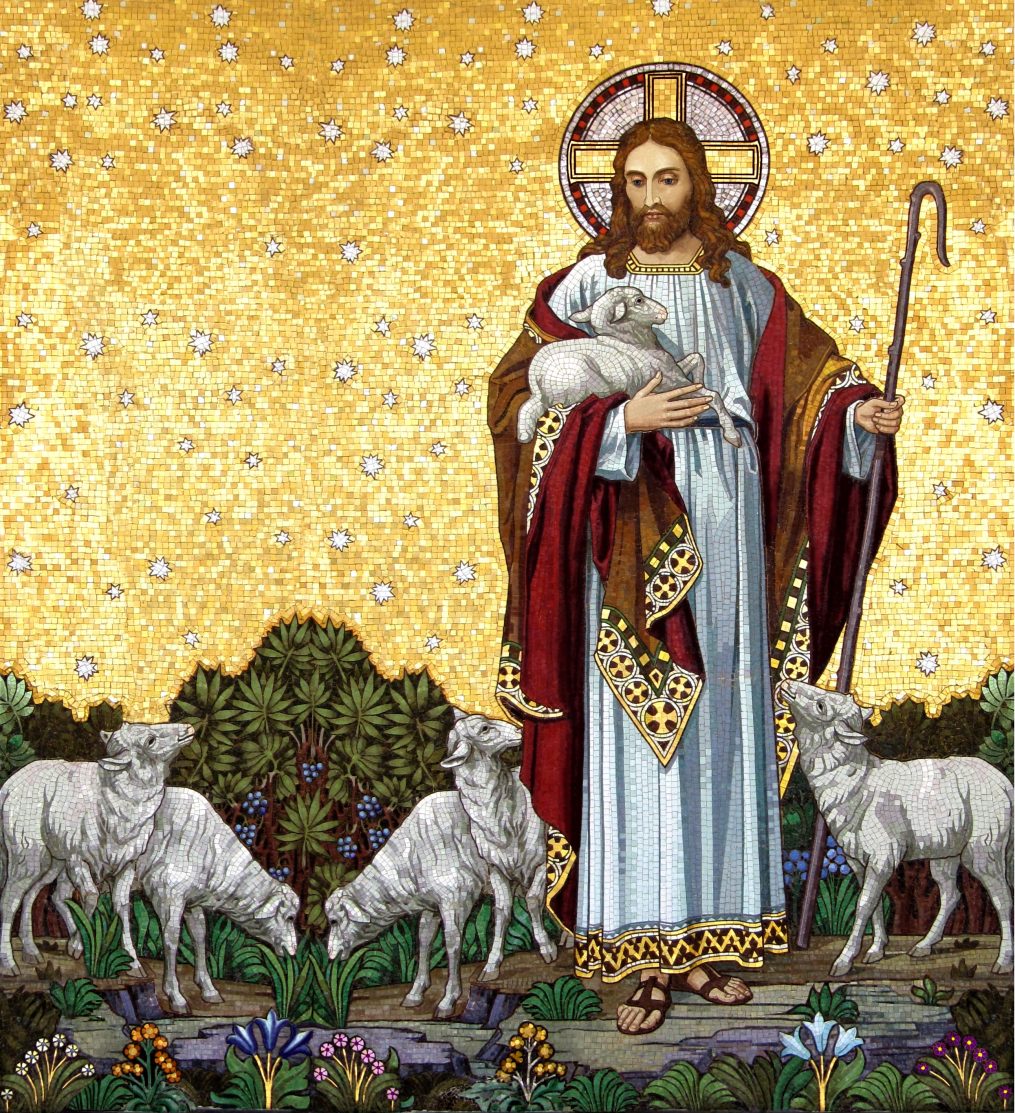Liturgical Colour : White
Acts 14 : 5-18
A move was made by pagans and Jews, together with their leaders, to harm the Apostles and to stone them. But Paul and Barnabas learnt of this and fled to Lycaonian towns of Lystra and Derbe and to the surrounding countryside, where they continued preaching the Good News.
Paul and Barnabas spent a fairly long time at Lystra. There was a crippled man in Lystra who had never been able to stand or walk. One day, as he was listening to the preaching, Paul looked intently at him and saw that he had the faith to be saved. So he spoke to him in a loud voice, “In the Name of the Lord Jesus Christ, I command you to stand up on your feet!” And the man stood up and began to walk around.
When the people saw what Paul had done, they cried out in the language of Lycaonia, “The gods have come to us in human likeness!” They named Barnabas Zeus, and Paul they called Hermes, since he was the chief speaker. Even the priest of the Temple of Zeus, which stood outside the town, brought oxen and garlands to the gate; together with the people, he wanted to offer sacrifice to them.
When Barnabas and Paul heard this, they tore their garment to show their indignation and rushed into the crowd, shouting, “Friends, why are you doing this? We are human beings with the same weakness you have and we are now telling you to turn away from these useless things to the living God Who made the heavens, the earth, the sea and all that is in them.”
“In past generations He allowed each nation to go its own way, though He never stopped making Himself known; for He is continually doing good, giving you rain from heaven and fruitful seasons, providing you with food and filling your hearts with gladness.”
Even these words could hardly keep the crowd from offering sacrifice to them.
